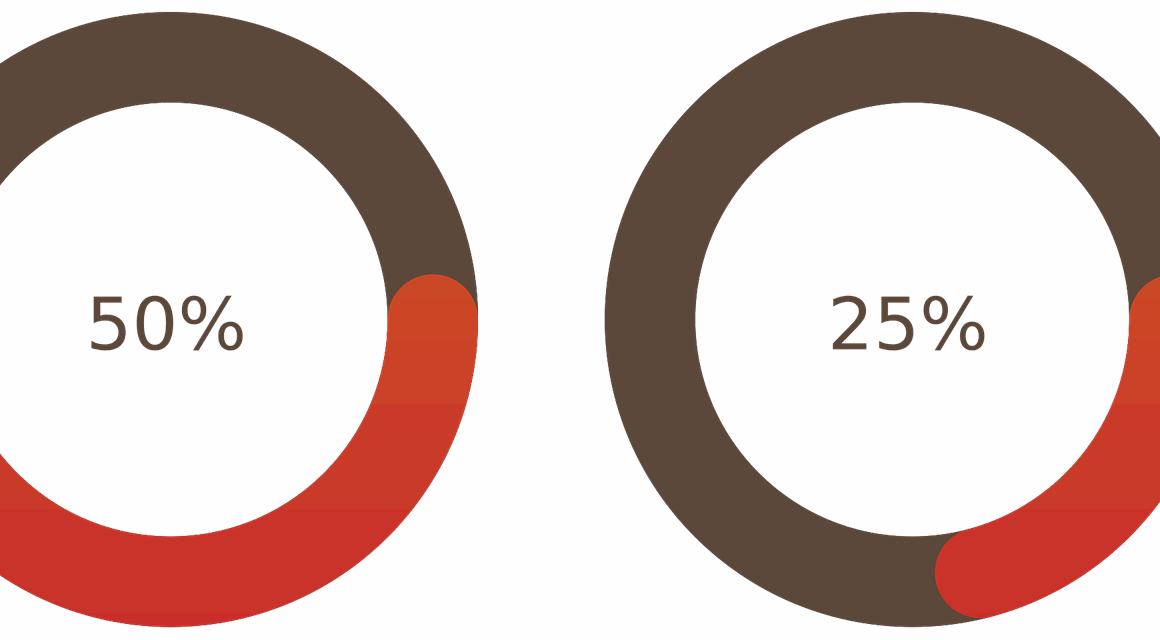The Role of Self-monitoring Apps in Staying on Track Post-Recovery
Self-monitoring apps have emerged as invaluable tools for individuals recovering from eating disorders. These applications offer various features tailored to support users in managing their health and wellness. Users can track various aspects of their daily lives, from mood and food intake to exercise patterns and thoughts surrounding their recovery. Such tracking promotes awareness of triggers that may lead to relapse. The accessibility of these apps ensures that individuals can easily integrate them into their routines. Moreover, they provide users with insightful data and helpful feedback, empowering them to reflect on their progress. This self-reflection is crucial for long-term recovery as it reinforces positive behaviors while highlighting areas that need attention. Many apps also include features for goal-setting, allowing users to establish achievable objectives, thus fostering motivation. By setting specific targets, individuals can gain additional encouragement throughout their journey. Moreover, community features enable users to connect with peers, reducing feelings of isolation. Connecting with others who share similar experiences helps provide mutual support, reinforcing a sense of belonging. Overall, self-monitoring apps empower users to remain focused on their recovery goals.
The ability to analyze and review personal behaviors is another benefit of utilizing self-monitoring apps. By regularly documenting daily eating habits, users can uncover patterns and identify possible relapse triggers. This information allows individuals to make informed decisions regarding their health and wellness. Furthermore, visualizing their data through charts and graphs can provide a compelling representation of their progress. This visual feedback serves as a motivational tool that encourages users to maintain healthy behaviors. In addition, many self-monitoring apps come equipped with reminders and notifications. These features help users stay engaged with their recovery process, encouraging consistent monitoring. When someone is reminded to log their meals or check in with their feelings, it becomes easier to maintain focus on recovery. Some apps even include prompts to guide users toward healthy decisions during challenging moments. This proactive approach diminishes the likelihood of falling back into unhealthy patterns. As technology continues to evolve, more innovative features are anticipated to enhance the user experience further. Continuous improvement is crucial for keeping individuals engaged and focused on their recovery journey.
Community and Support Through Apps
Another crucial aspect of self-monitoring apps that aids in relapse prevention is the sense of community they foster among users. Many of these applications include social features, allowing individuals to connect with peers who are also undergoing recovery. This connectivity emphasizes the importance of support and understanding, as individuals share common experiences and challenges. When users feel they are not alone in their journey, they are more likely to stay committed to their goals. Moreover, these social features facilitate knowledge sharing, with users exchanging coping mechanisms and strategies that have proven effective. This open exchange fosters a collaborative environment that enhances recovery. Additionally, many applications feature forums or chat functionalities where users can discuss their daily struggles and celebrate victories together. Active participation in such communities can significantly improve self-esteem and resilience, reducing feelings of isolation that often accompany eating disorders. Overall, by nurturing these connections, self-monitoring apps play a pivotal role in promoting accountability among users, ultimately leading to better recovery outcomes. The social aspect ensures long-term engagement, empowering individuals to actively pursue their recovery journey.
Self-monitoring apps also prioritize the importance of accountability in recovery. Many applications enable users to share their tracking data with trusted friends, family members, or recovery coaches. This feature creates an additional layer of commitment, making users less likely to engage in behaviors that could lead to relapse. Accountability can significantly increase motivation as users are encouraged to stay on track. Some apps provide features that allow users to check in with their support network, ensuring they have additional sources of encouragement and feedback. This socially driven approach can enhance the feeling of camaraderie among recovery companions. Moreover, users can actively participate in challenges or group activities designed to support healthy behavior. When striving toward common goals, individuals are often more motivated to persevere. It also creates a sense of teamwork and shared purpose, reducing feelings of isolation. Individuals committed to recovery benefit from the collective strength of the group. Thus, integrating accountability mechanisms into self-monitoring apps represents a significant advantage. As users continue their recovery journey, the motivation derived from accountability becomes an invaluable asset in preventing relapse.
Customizable Features for Personal Preference
Personalization is another feature that enhances the effectiveness of self-monitoring apps in preventing relapse. Many applications offer customizable options that allow users to tailor the app to their unique preferences and needs. This customization extends to various aspects, including visual designs, types of recorded data, and notifications. By allowing users to personalize their experience, these apps help foster a sense of ownership over their recovery. Such ownership is vital for maintaining motivation and commitment. For example, users can select the specific metrics they wish to track, focusing on areas most relevant to their journey. This level of personalization ensures that users feel empowered in their choices. Additionally, the option to set reminders at preferred times can provide valuable structure throughout the day, supporting adherence to recovery practices. Personalized features can make self-monitoring feel less like a chore and more like an intentional practice. Overall, the flexibility offered by these apps ensures every user finds a method for tracking their progress that resonates with them seeking long-term recovery success.
Engagement with self-monitoring apps can also significantly enhance one’s ability to navigate challenging situations. By utilizing these apps, individuals can develop skills and strategies to cope with potential triggers or stressors. In moments of crisis, reflecting on previous entries can remind users of effective coping mechanisms. This reflective practice fosters resilience, as individuals learn to handle setbacks positively. Many apps include resources and educational materials to support healthy decision-making. By providing users with access to helpful insights, these resources can inform better choices and prevent urges to relapse. Furthermore, self-monitoring apps often build upon cognitive-behavioral techniques designed to combat negative thoughts and behaviors. Those recovering from eating disorders benefit from tools that challenge harmful thought patterns. When users track their thoughts alongside their behaviors, they gain a deeper understanding of the relationship between their emotions and recovery journey. As a result, they become more adept at addressing negative self-talk, ultimately leading to improved self-esteem and body image. In this way, self-monitoring apps instill a proactive approach to maintaining recovery, transforming potential challenges into opportunities for growth.
Future Trends in Self-monitoring Apps
As the field of technology continues evolving, the future of self-monitoring apps for preventing relapse appears promising. Innovations are anticipated to enhance the user experience and overall effectiveness in supporting recovery. Future developments may incorporate advanced features such as artificial intelligence algorithms that tailor recommendations based on a user’s unique patterns and behaviors. Through machine learning, these apps will likely get smarter over time, providing users with tailored insights that adapt to their recovery journey. Enhanced data security and privacy measures are also expected, ensuring users feel safe sharing sensitive information about their progress. As technology integrates into mental health support, the potential for engaging features, such as virtual support groups or guided meditations, may grow. These features can facilitate a more comprehensive wellness experience for users, fostering holistic recovery. Integrating wearables that track physiological responses may also contribute to the development of user-friendly applications. By analyzing various forms of data, self-monitoring can provide a more well-rounded understanding of the individual’s recovery journey. Overall, the future of self-monitoring apps holds immense potential in enhancing the experience of individuals striving to stay on track after recovery.
The possibilities for positive change brought about by innovations in self-monitoring applications can have lasting implications. With continued advancements, the effectiveness of these tools in supporting individuals recovering from eating disorders will only improve. By harnessing the power of technology, users can engage more deeply with their journeys, ultimately preventing relapse and embracing healthier lives. The evolving landscape of self-monitoring apps represents a crucial ally for those walking the path of recovery. As the focus on the mental health aspect of eating disorders continues to grow, self-monitoring apps are likely to play a significant role in supporting individuals. This supportive environment encourages the exploration of emotional well-being alongside physical health efforts. The combination of technology and community networking creates an empowering framework, reinforcing the value of seeking help and sharing experiences. Individuals will no longer have to face their recovery alone, as apps foster connections that enhance accountability. The ongoing dialogue around mental health embraces all dimensions of well-being, providing essential tools for anyone interested in improving their overall quality of life. In conclusion, the role of self-monitoring apps in preventing relapse is undeniable, showcasing the benefits of technology in fostering lasting recovery.


